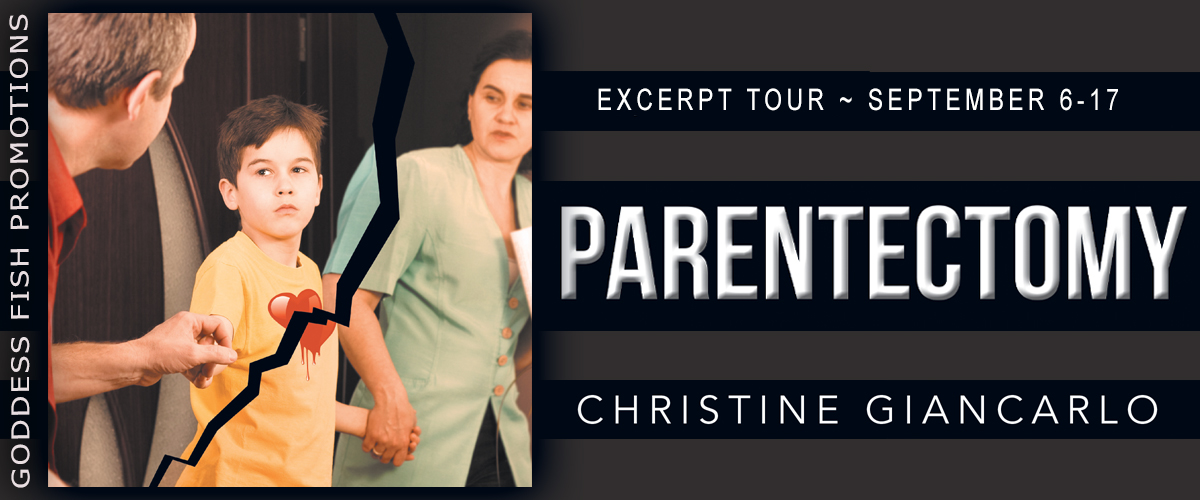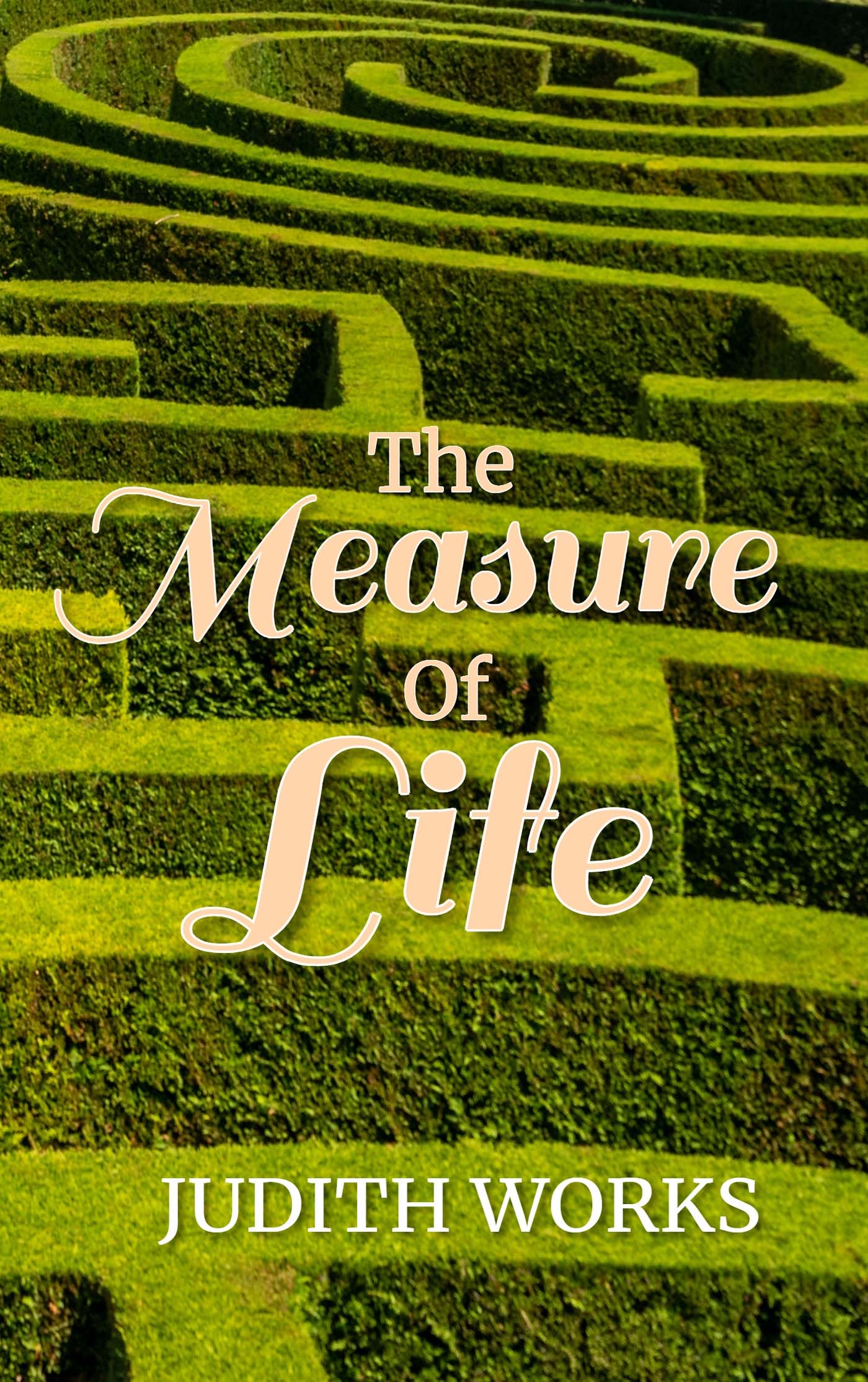This post is part of a virtual book tour organized by Goddess Fish Promotions. Christine Giancarlo will be awarding a $15 Amazon or B/N GC to a randomly drawn winner via rafflecopter during the tour. Click on the tour banner to see the other stops on the tour.
When parents separate and divorce, kids come last in family law. Should children’s welfare be measured in “billable hours”? Christine Giancarlo thinks kids come first and need both parents. Parentectomy moves us toward that goal… for the sake of the children.
Based on Dr. Giancarlo’s peer-reviewed research study, Kids Come Last: The Effect of Family Law Involvement in Parental Alienation, this book tells, in their own voices, the stories of thirty loving, capable and dependable parents who, nonetheless, were removed from their children’s lives. It is also the author’s own journey through the devastation caused by parental alienation.
This book sheds light on an urgent social crisis, enabled by a broken family law system. An equitable and just model for eliminating this form of child abuse is proposed with an urgent plea for its implementation.
Enjoy an Exclusive Excerpt
What is Parental Alienation?
Parent duos, following separation or divorce, are often mislabeled, especially by the family law systems, as “high-conflict”. But they are not. It takes two to tango and in parental alienation, there is only one alienator. The targeted, alienated, parent consistently attempts to placate the other parent, the alienator, in hopes of maintaining their relationship with their children. Parental alienation is a campaign of denigration by one parent, with the children as unwitting and later willing, participants, against the other parent. Its goal is to destroy the relationship between the alienated parent and his or her children1 .
In all cases, parental alienation is unique from more common strained parent-child relationships related to developmental factors such as age, gender preferences, or temporary expected reactions to the parental relationship split. These children of alienation all had positive relationships with their targeted parent prior to the separation of their parents2. Cases of parental alienation are separate from justified rejection or realistic estrangement of a parent due to abuse, neglect or significantly compromised parenting3.
The validity of parental alienation is well established and almost universally accepted by mental health professionals, including psychiatrists, psychologists, social workers and family counselors who assess and treat children of “high-conflict” divorces. Since 2010, well over 100 such academics and practitioners from 30 countries have confirmed the reality of parental alienation and they comprise the International Council on Shared Parenting.
1 Bernet, 2010.
2 Kelly & Johnston, 2001.
3 Fidler, Bala & Saini, 2013.
About the Author  Christine Giancarlo is an applied anthropologist at Mount Royal University since 1992. She holds a Ph.D. in Human Services from Capella University, Minnesota, and an M.A. in Primatology from the University of Calgary, Alberta. Growing up with two loving parents, four brothers and being blessed with her own children, Devon and Carmen, inform her holistic perspective on the family. Christine resides in Calgary with her partner, Bert, and their dog, Gavin.
Christine Giancarlo is an applied anthropologist at Mount Royal University since 1992. She holds a Ph.D. in Human Services from Capella University, Minnesota, and an M.A. in Primatology from the University of Calgary, Alberta. Growing up with two loving parents, four brothers and being blessed with her own children, Devon and Carmen, inform her holistic perspective on the family. Christine resides in Calgary with her partner, Bert, and their dog, Gavin.
Buy the book at Amazon, Bookshop, Chapters Indigo, Barnes and Noble, Book Depository, Kobo, Smashwords, or iBooks.




























